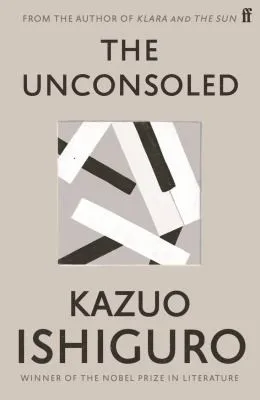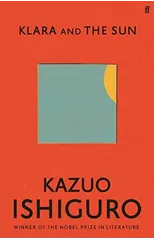Ryder, a renowned pianist, arrives in a Central European city he cannot identify for a concert he cannot remember agreeing to give. But then as he traverses a landscape by turns eerie and comical - and always strangely malleable, as a dream might be - he comes steadily to realise he is facing the most crucial performance of his life. Ishiguro's extraordinary study of a man whose life has accelerated beyond his control was met on publication by consternation, vilification - and the highest praise.
Kazuo Ishiguro
Kazuo Ishiguro is a Japanese-born British author known for his subtle and haunting novels exploring themes of memory, loss, and identity. His most notable works include "The Remains of the Day," which won the Man Booker Prize in 1989, and "Never Let Me Go," a dystopian novel that was shortlisted for the Booker Prize in 2005. Ishiguro's writing style is characterized by its spare and precise prose, as well as its deep emotional resonance. His contributions to literature have earned him widespread acclaim and established him as a leading voice in contemporary fiction. "The Remains of the Day" remains his most famous work, praised for its exploration of duty, regret, and the passage of time.










